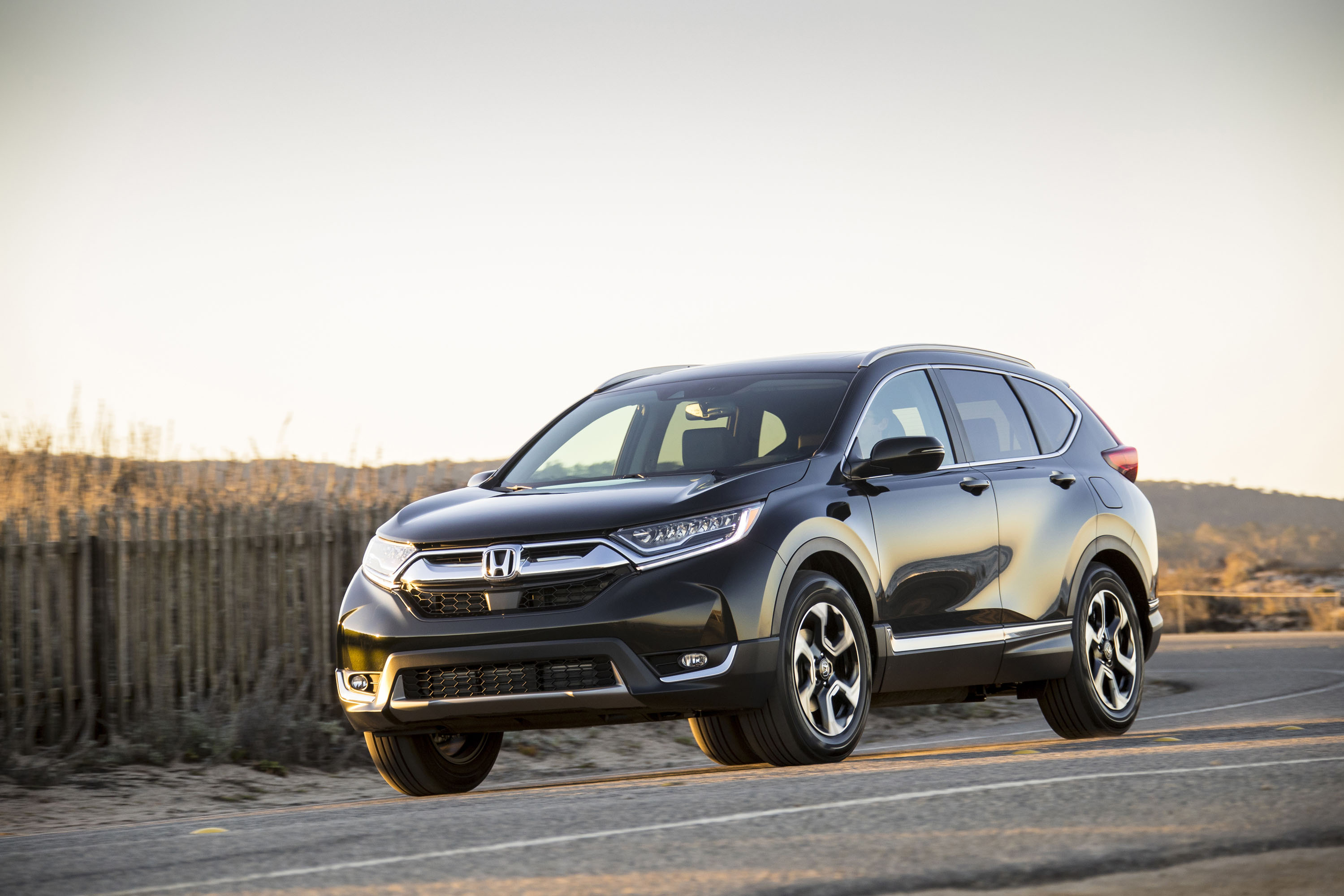Honda CR-V, Accord investigated for sudden braking complaints

The NHTSA is investigating 1.7 million Honda vehicles for complaints of sudden and unintended braking, according to a report published Thursday by Automotive News.
Owners of the 2018-2019 Honda Accord have filed 107 complaints, and owners of the 2017-2019 Honda CR-V have filed 171 complaints for the automatic emergency braking system activating without a clear and present danger. The braking events can occur randomly and without warning. The sudden and unintended braking could increase the risk of rear-end collisions.
“The complaints allege braking incidents, some with large speed changes, occurring with nothing obstructing the vehicle’s path of travel,” the NHTSA posted in a document explaining the investigation.
Of the 278 complaints, six owners alleged the issue caused a collision resulting in minor injuries.
“I was driving through an intersection at about 25 mph with no car or obstructions in front of me when my collision mitigation braking system inappropriately engaged and brought me to a screeching stop in the middle of the intersection,” one owner complained as recently as Feb. 22. “I am very lucky that no one behind me rear-ended me.” It happened in 2019 at 70 mph as well, the owner alleged.
Automatic emergency braking systems use sensors and cameras or radars to detect vehicles, pedestrians, and cyclists. If the system detects an object and calculates an imminent impact, it will activate the brakes. Safety agencies such as the IIHS state that AEB can cut in half the number of rear-end collisions compared to cars without the equipment. Honda is one of 12 automakers to have met a voluntary agreement to equip at least 95% of cars sold with the driver-assist feature. It’s standard on every Honda vehicle except the HR-V small crossover.
Honda’s AEB system is not alone for complaints of phantom braking. Last week, the NHTSA opened an investigation encompassing 416,000 Tesla Model 3 and Model Y for unintended braking.
If the probe uncovers a safety-related defect, the NHTSA may request a recall from Honda; if there’s not a defect, the investigation will be closed.

